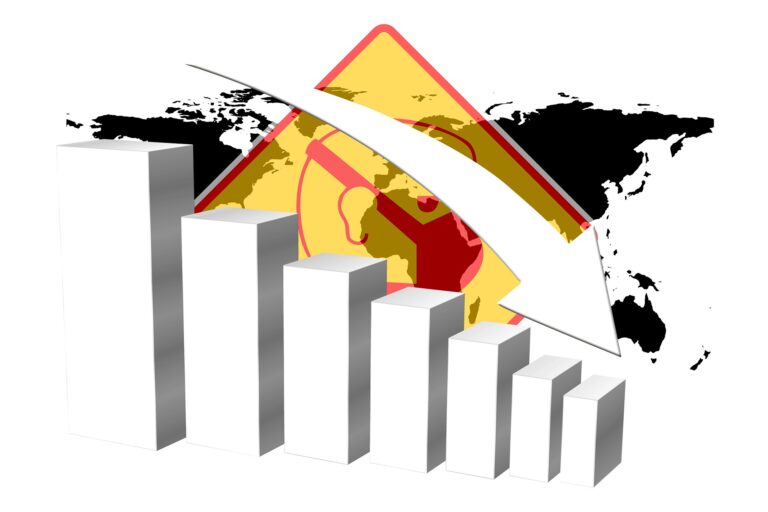Remaining on top of debt is comparatively easy when you are in good times with a steady income. However, when you are in an economic recession, you can encounter a different reality; as a pay cut or layoff can reduce your income substantially. You may face difficulty paying bills due to adverse financial situation caused by the economic downturn, thus affecting your credit score.
How Credit Score Get Impacted Due to Recession?
A credit score reflects how a person manages the financial obligations, and when the economy is spiralling downwards, credit score can also decline. The economic recessions, in several ways, impact credit rating adversely, either directly or indirectly, like the inability to keep up with the need for paying bills and more. Payment history plays a significant role in the calculation of credit scores, and in case you fail to make a debt payment for 30 days or more, the credit rating of a person will get adversely affected.
Further, as your income gets reduced, you may rely on using your credit cards more to settle your day-to-day expenses. It can lead to increased credit card debt affecting your credit utilization ratio, which will also rise. The credit ratio is the ratio of currently used credit and the available credit for use.
In case your use of available credit gets exceeded by 30%, your credit score can adversely suffer. Maintaining a good credit utilization ratio remains a crucial aspect to get a good credit score. Further, during a recession, if you apply for several loans or credit cards, it can negatively impact your credit score. It is because, for every application you make, lenders start checking your credit report for performing a hard inquiry. The lenders consider you as having trouble financially when there are several hard inquiries within a short span.
Moreover, getting new credit is not easy during a recession period; as during an economic downturn, stricter standards often come with extending credit. Such rigid standards make it extremely difficult to get approval for credit cards or loans. Here you can find a few vital ways that will help to protect your credit rating during an economic slowdown.
Ways to Protecting Credit Score during an Economic Recession
- Credit Monitoring: Monitoring credit score regularly is vital to understand whether credit scores are dropping and why. Checking credit scores and credit reports will enable you to understand what actions you need to take. As well as where you need to adjust finance for securing a better place. Further, you can also check for any inaccuracy of information in the report and report it to the credit bureau.
- Paying Off Existing Debt: Try to pay off the existing debt by reducing regular expenditure which you do not need to make. Further, try making minimum payments using your credit cards except the credit cards having maximum higher interest rates. The use of a balance transfer card may be a good way helping you save money towards paying off your debt.
- Building an Emergency Fund: Building an emergency fund can be an excellent way to provide you with a backup fund option to tide over the financial difficulties during an economic recession. Emergency funds remain dedicated savings account meant for covering unexpected expenses, and can help to pay outstanding bills.
- Contacting the Lenders: During the economic recession, you can get a few lenders willing to offer specially designed options helping people with bill payments, offering flexible repayment schedule and lower interest rates. If you can contact such lenders, you will be able to make repayment for debts easily.
- Make a Budget and Stick to It: In an economic downturn, a responsible budget can help you overcome difficulties to pay bills. A well-planned budget allows allocating proper income keeping a portion of the funds to meet unforeseen circumstances.

